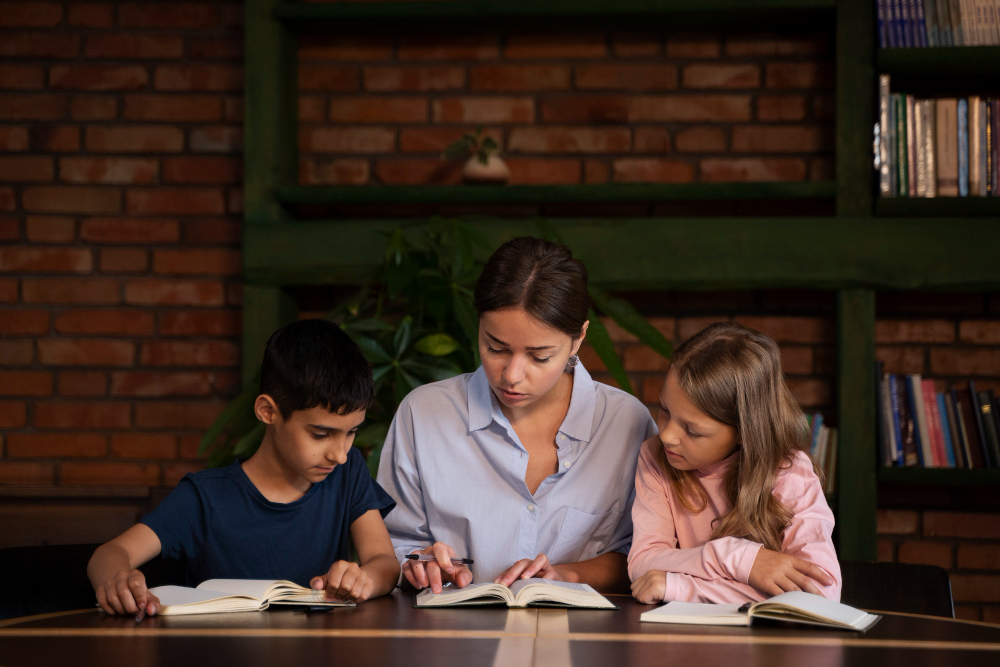Education has long been the cornerstone of personal and societal growth. However, as the world evolves, so do the ways we learn. Traditional schooling, with its structured curriculum, standardized testing, and classroom-based learning, has been the norm for centuries. But with technological advancements, changing societal needs, and growing dissatisfaction with rigid educational systems, alternative education methods are gaining traction. The big question remains: Is traditional schooling outdated? Let’s explore the rise of alternative education and whether it offers a better approach to learning.
The Challenges of Traditional Schooling
While traditional schools have their merits, they also come with limitations:
One-Size-Fits-All Approach: Standardized curriculums don’t cater to individual learning styles, leaving some students behind.
Lack of Practical Skills: Many schools focus more on memorization than real-world skills like critical thinking and financial literacy.
Stress and Pressure: Heavy workloads, exams, and rigid schedules can lead to anxiety and burnout among students.
Limited Flexibility: Students have little control over what they learn, often leading to disengagement and lack of motivation.
Exploring Alternative Education Methods
To address these concerns, various alternative education models have emerged.
1. Homeschooling
Homeschooling allows parents to tailor education to their child’s pace and interests. It promotes flexibility and one-on-one instruction, often resulting in better academic performance and personal development. However, it requires a dedicated parent or tutor, which may not be feasible for every family.
2. Montessori Education
Developed by Dr. Maria Montessori, this method focuses on hands-on learning and self-directed activity. Montessori classrooms encourage curiosity and independence, allowing children to explore subjects at their own pace. This approach is particularly effective for younger children but may not suit students who need structured guidance.
3. Unschooling
Unschooling is a radical approach where students follow their passions instead of a set curriculum. Learning happens naturally through real-life experiences, projects, and exploration. While it fosters creativity and critical thinking, critics argue it may lack academic rigor in essential subjects.
4. Online Learning
With the rise of digital technology, online learning platforms like Khan Academy, Coursera, and Udemy provide students with access to world-class education from anywhere. This method allows students to learn at their own pace, but it requires self-discipline and motivation to be effective.
5. Waldorf Education
The Waldorf approach focuses on creativity, arts, and emotional intelligence rather than just academics. It emphasizes storytelling, movement, and imagination in early education, making it a well-rounded method. However, it may not align with traditional academic benchmarks.
The Future of Education: A Hybrid Approach?
While alternative education methods offer innovative solutions, they may not entirely replace traditional schooling. Instead, a hybrid model that combines the best aspects of both might be the future. Schools could adopt personalized learning, integrate technology, and incorporate project-based education to create a more engaging system.
Final Thoughts
Traditional schooling is not entirely outdated, but it does need an upgrade. Alternative education methods provide valuable insights into how learning can be more personalized, engaging, and effective. The future of education may lie in a blended approach—one that prioritizes flexibility, creativity, and practical skills while maintaining academic rigor.

